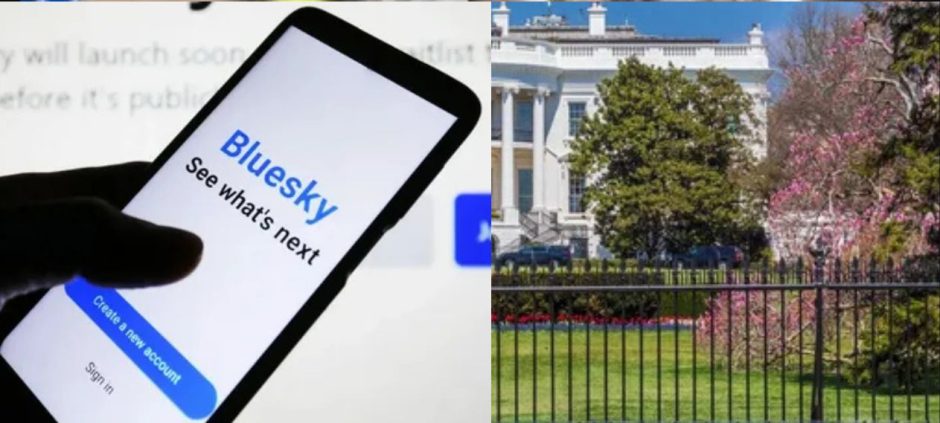Bluesky users are making headlines by blocking the White House in record numbers, reflecting growing discontent with traditional social media platforms and a desire for more control over online content. The surge highlights how users are increasingly frustrated with political content that dominates their feeds, and they are using Bluesky’s flexible features to filter or avoid what they find overwhelming or disagreeable.
The rise in White House blocks is largely driven by users who want to manage their online experience on their own terms. Unlike older platforms, where algorithms often dictate what appears on users’ feeds, Bluesky allows people to curate content freely. Many users report that blocking high-profile government accounts helps reduce exposure to politically charged posts while still staying connected to relevant discussions. Analysts view this as part of a broader trend of digital activism, where social media users are asserting control over the information they consume.
In Pakistan, Bluesky has also seen a surge in popularity as users seek alternatives to X, formerly Twitter. Its growth demonstrates a global shift toward platforms that prioritize user autonomy and freedom of expression.
Observers believe that the record numbers of White House blocks reflect not only political discontent but also a changing culture in social media engagement. Users are now empowered to manage their feeds actively, filtering content that doesn’t align with their interests or values. This movement illustrates how platforms like Bluesky are becoming central spaces for digital protest, selective engagement, and audience-driven discourse.
As the platform continues to expand, the trend of blocking prominent accounts could reshape online political communication. Bluesky’s rapid adoption shows that social media is evolving from passive consumption to active curation, allowing users to voice dissent, reduce digital noise, and redefine the way they interact with political content.











